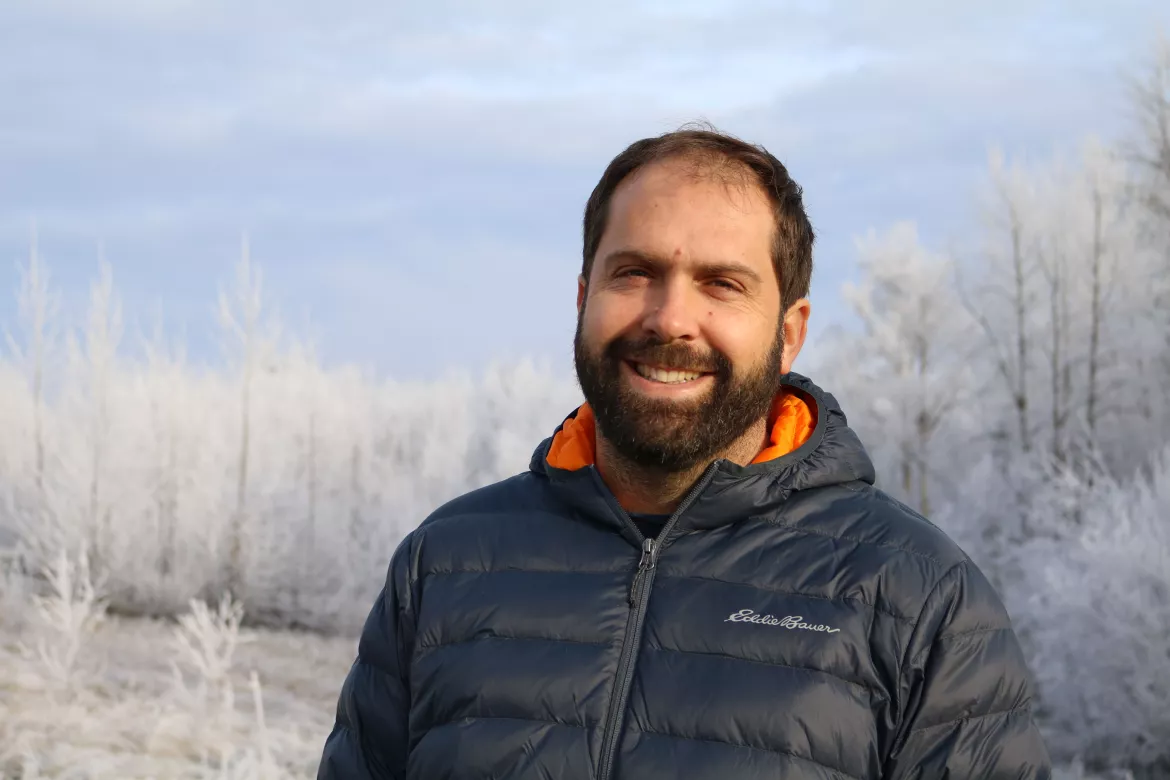NRESi Colloquium - Essential Life Support Areas (ELSAs): A Strategic Approach to Safeguarding Biodiversity, Climate and Sustainable Development - Dr. Oscar Venter

Many countries are making increasingly bold commitments to halt and reverse biodiversity loss, minimise the impacts of climate change, and transition to more sustainable development. To support these commitments, Target 1 of the Kunming-Montreal Global Biodiversity Framework (GBF) has called for the global roll out of participatory, biodiversity-inclusive spatial planning. Working with the United Nations and national ministries acting on this target, we developed an operational framework for integrated spatial planning to identify what we term Essential Life Support Areas (ELSAs). ELSAs are areas that, if protected, sustainably managed, or restored, can support the achievement of existing national environmental policy. The ELSA framework was co-developed and stress-tested through partnerships in 13 pilot countries: Cambodia, Chile, Colombia, Costa Rica, Dominican Republic, Ecuador, Haiti, Kazakhstan, Liberia, Nepal, Peru, South Africa, and Uganda. In this talk, I will provide an overview of this work and its potential to guide future biodiversity and climate action.
Dr. Oscar Venter is an applied conservation scientist whose research bridges conservation biology, landscape design, and geospatial sciences. He works with partners in British Columbia, South America, and around the world to explore the trade-offs and synergies between economic development, ecosystem services, and conservation. Oscar’s work is focused on providing science-based solutions to complex, real-world challenges, often through the development of decision-support frameworks and tools that help integrate these solutions into practice.
The Natural Resources & Environmental Studies Institute (NRESi) at UNBC hosts a weekly lecture series at the Prince George campus. Anyone from the university or wider community with interest in the topic area is welcome to attend. Presentations are also made available to remote participants through Zoom Webinar. Go to http://www.unbc.ca/nres-institute/colloquium-webcasts to view the presentation remotely.
Past NRESi colloquium presentations and special lectures can be viewed on our video archive, available here.